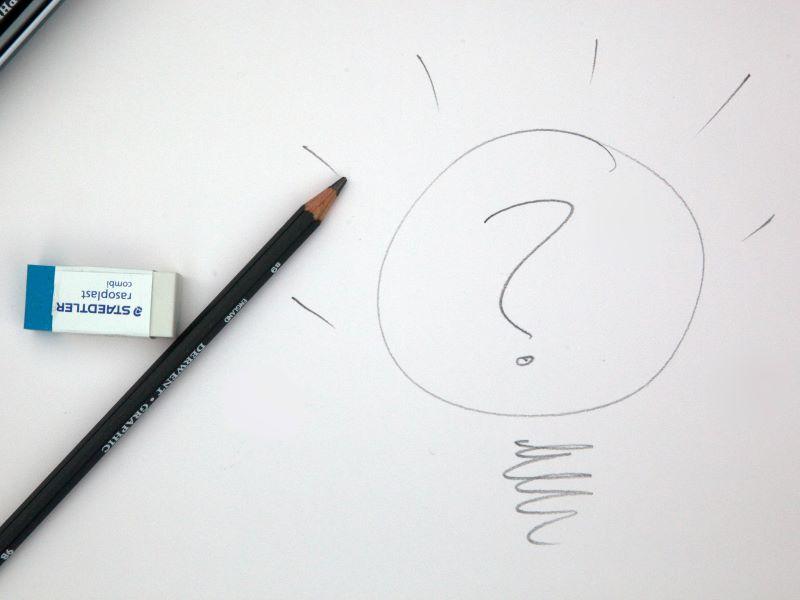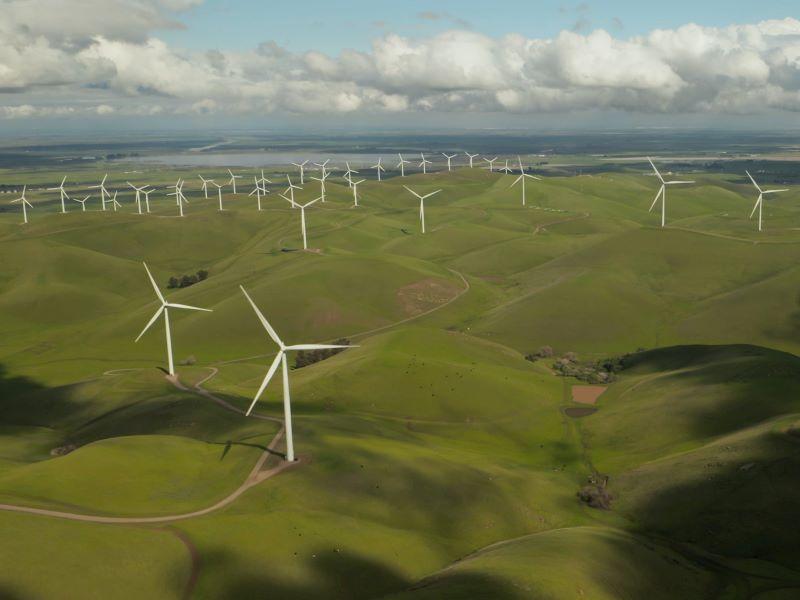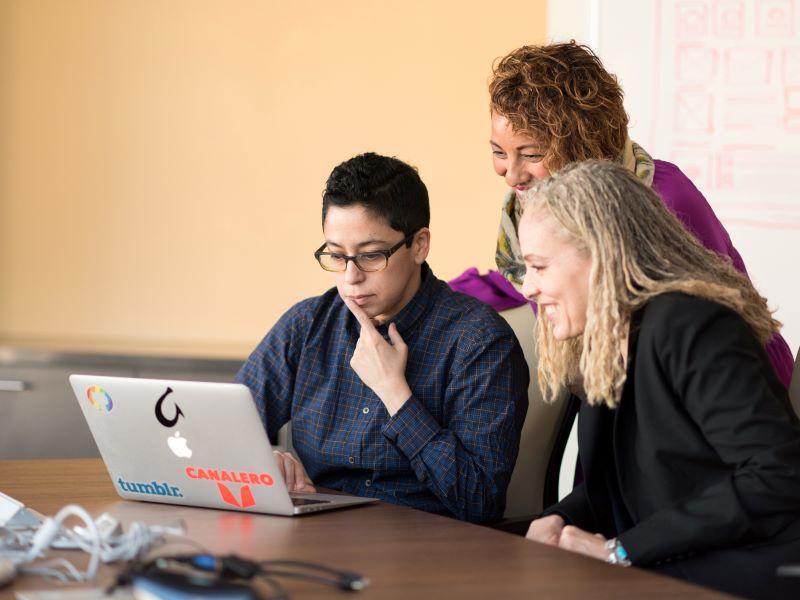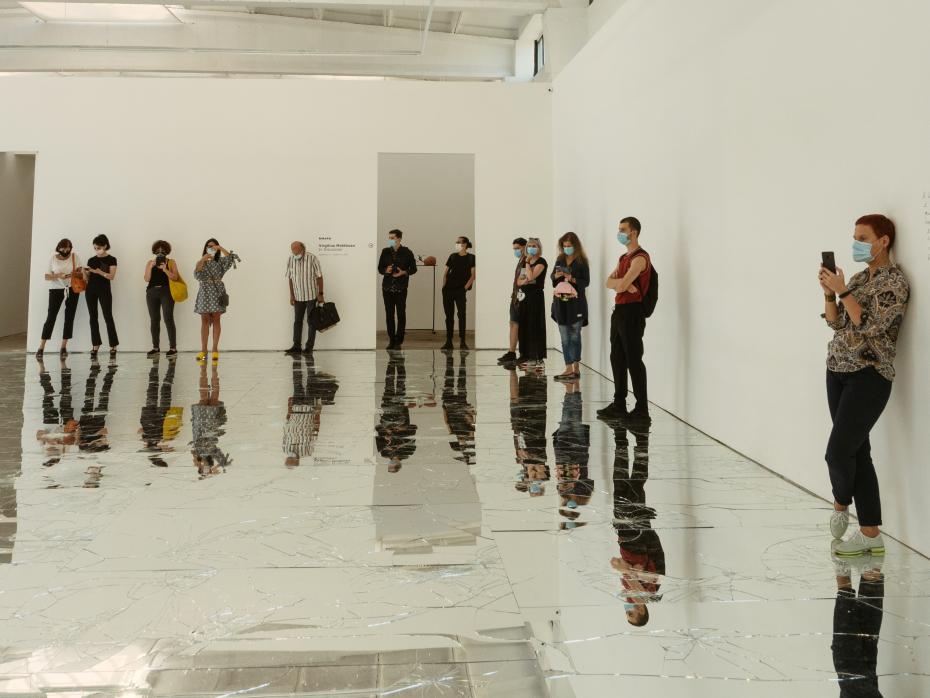My name is Professor Gisela Loehlein, I am the head of architecture at XJTLU, and I would like to talk to you about sustainability and the impact it has on education. So, the virus seemed to have spread globally incredibly fast; I think knowledge transfer and ideas can spread even faster.
And the way I would like to pinpoint this is we have become part of the UN Uni Habitat Network and the UN Academic Impact Network, which are the two arms for academic collaborations on fulfilling the sustainability goals of the United Nations.
What we found is that due to the pandemic situation, we could actually connect much better internationally with key stakeholders, policymakers, top architects, on student as well as staff level, which then also meant that we could have a much bigger spread, a much quicker filtration into our academic systems, and into the design world.
So, ideas that were set in New York and we attended a conference in Johannesburg the following day, could actually be directly translated the next day in the studio, which is a much faster translation of knowledge than we have ever had.
With all of this in mind we have done 50 extracurricular activities a year at this department, which then means these are becoming available via the social media to other stakeholders, general public, and fulfil indirectly also then, again more quality of education and sustainability goals of the United Nations.
This has been very well received by the students since they are able to tailor their degree, or their extracurricular activities and their skills that they are seeking, whilst they are here at the university.
And, at the same time, people that we would have maybe not attracted to the university realm came and joined us in these lectures, workshops and seminars. So, for example, for the UN Habitat we had a conference last weekend with WHITRAP [World Heritage Institute of Training and Research for Asia and the Pacific], which is the Unesco equivalent arm where normally you would have maybe 100 participants. We had over 20 000 participants thanks to social media.
And I think this is a great takeaway that we have, that through the digital media we can actually connect to so many more people that we would not reach out normally to and it spreads knowledge.
So it spreads knowledge much faster than any virus can ever [do]. And we should use this experience for our purposes of ensuring more higher quality education to reach people that we would normally not reach. So for me, this is a proof that the spread of ideas goes much, much faster in this digital age, now possible due to the pandemic, than we would have ever seen before.
Gisela Loehlein is head of architecture at Xi’an Jiaotong-Liverpool University.




comment